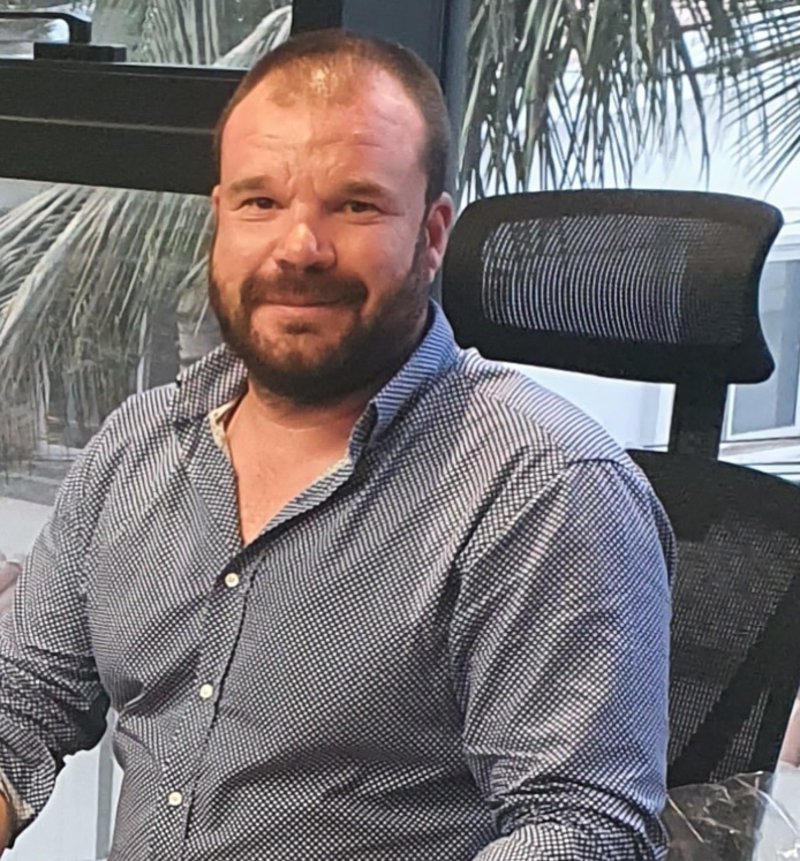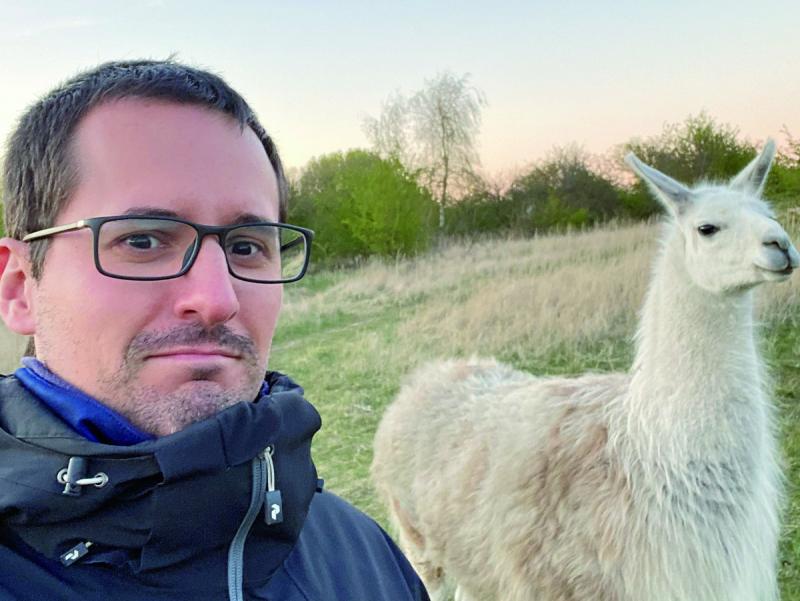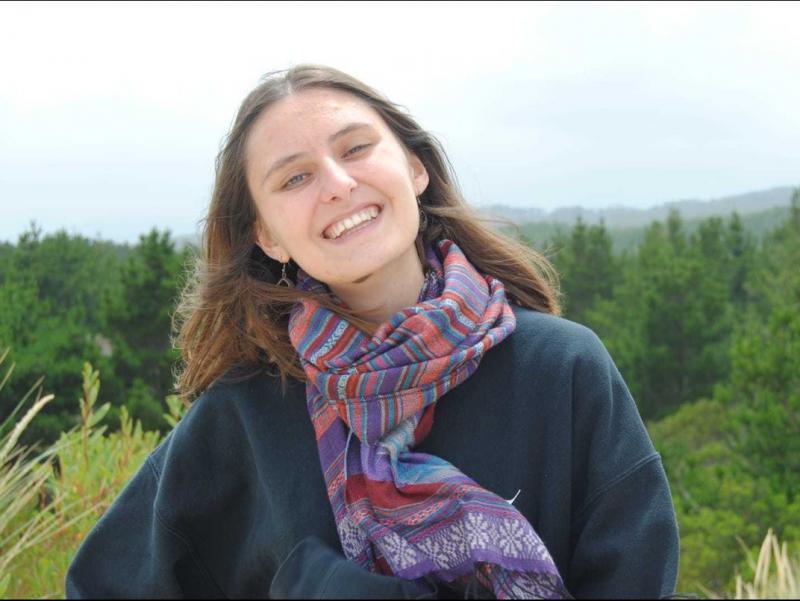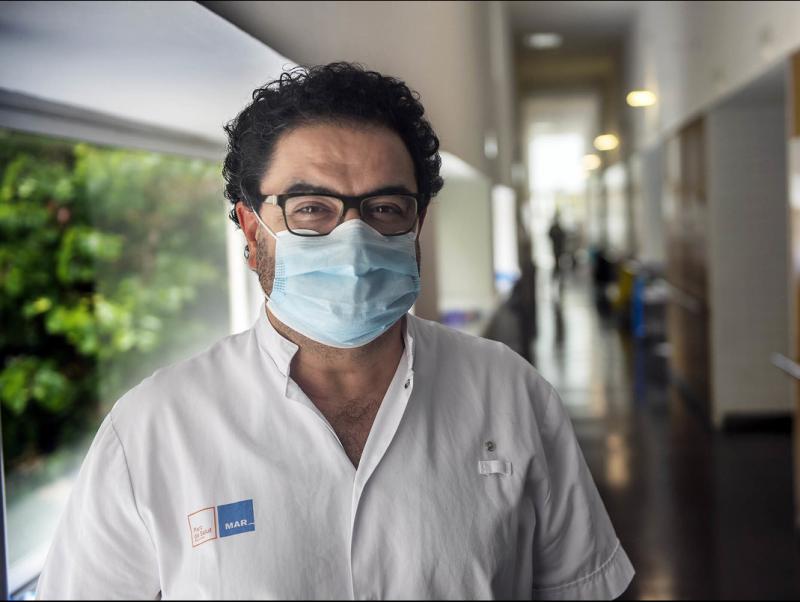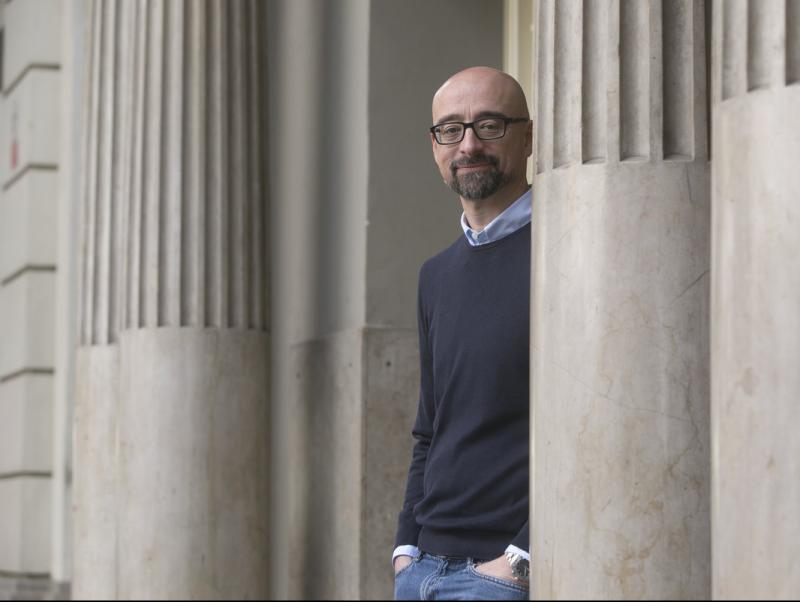Africa
Cases: 131,818 Deaths: 3,814 Recovered: 55,181
REASONS FOR HOPE “THE VACCINES THAT MUCH OF THE POPULATION HAS TAKEN AGAINST MALARIA OR TUBERCULOSIS COULD HAVE INFLUENCED THE FACT THAT THERE ARE FEW CASES”
economic fragility “UNFORTUNATELY, A LARGE PART OF THE POPULATION HERE LIVES DAY-TO-DAY AND WE CAN’T AFFORD A GENERAL STOPPAGE”
ADAPTING TO CHANGE “OUR SOLIDARITY PROJECT HAS HAD TO REINVENT ITSELF AND, OBVIOUSLY, TOURISM, WHICH WAS ALREADY UP AND DOWN, HAS ALSO SUFFERED”
In Senegal, in West Africa, contagion protection measures were taken from the outset and some 60% of those people infected with coronavirus have so far been discharged. This is one of the details highlighted by Marc Salvadó from Reus, an architect and owner of a small construction company who has been living in the capital city of Dakar for six years.
Salvadó puts forward some reasons why the figures have been so positive in Senegal: “A small number of tests, the dry and warm climate, the vaccines and treatments that much of the population has already taken against malaria or tuberculosis could have influenced the fact that there are few cases.”
Salvadó also says that the country’s authorities have made an effort to ensure the public complies with certain rules, but so far has not imposed total home confinement. “There is a curfew from eight in the evening to six in the morning, schools, universities, restaurants and hotels are closed, travel between regions has been banned, the use of masks on the street is mandatory and there is a strong campaign focused on health and the maintenance of social distance between one and two metres,” he says, adding that in terms of the economy, the situation is different from that experienced in Catalonia. “Unfortunately, a large part of the population here lives day-to-day and we can’t afford a general stoppage, but it could come at any time,” he says.
The news he gets from home about how the health crisis is being managed in Spain makes him very critical. “We see no organisation from Madrid, and only internal struggles for power and politics that have no place right now, and a militarised image of the emergency that is very worrying in a European state. As for the management of the crisis by the Catalan authorities, he says, “very good proposals have been put forward, but they are only good intentions, there is no self-government of the crisis... and we continue to be slaves to the central government.”
Reinventing oneself
Ten years ago, Sílvia Llopart, who is from Torrelles, near Barcelona, moved to her husband’s country of origin, The Gambia. Settled in Tujereng, near the coast, and the parents of three children, they work as local operators for a travel agency and also dedicate much of their time to a social project called Fandema, which is aimed at training women so that they can get into the labour market. “Since March 18, when schools were closed and meetings of more than 10 people were banned, our solidarity project has had to reinvent itself and, obviously, tourism has suffered,” she says, pointing out that in The Gambia this sector “has always been up and down.” “It already happened to us with Ebola, although there wasn’t a single case, and we spent a year unable to organise any trips,” she says.
Sílvia adds that this means diversification when it comes to work is just about mandatory. “As for school, as a development cooperation project, we’ve had to adapt it to the new circumstances in order to keep on going,” she says, and points out that The Gambia is a country with one of the highest levels of poverty and with a lot of shortcomings when it comes to gender equality. “We have to see every crisis as an opportunity,” she says, explaining that by taking advantage of Fandema’s training resources, they have been making face masks.
People are confined to their homes and the opportunities to go outside are few and far between. “The first time it felt like I was in the [post-apocolyptic ]novel, Typescript of the Second Origin, as everywhere was a desolate and empty landscape,” she says. One of the most contentious points in the country during the health crisis is open-air markets. “People don’t keep to the recommended social distance and everything is chaotic,” she says.
Llopart claims that the coronavirus crisis has “broken” normality in the country, and says that they have been living under a state of emergency, with a minimum economy that has fully affected a public that is “accustomed to living on the products or services they can sell every day.” The Gambia has also kept its borders with neighbouring countries closed “to prevent an increase in the number of cases.”


